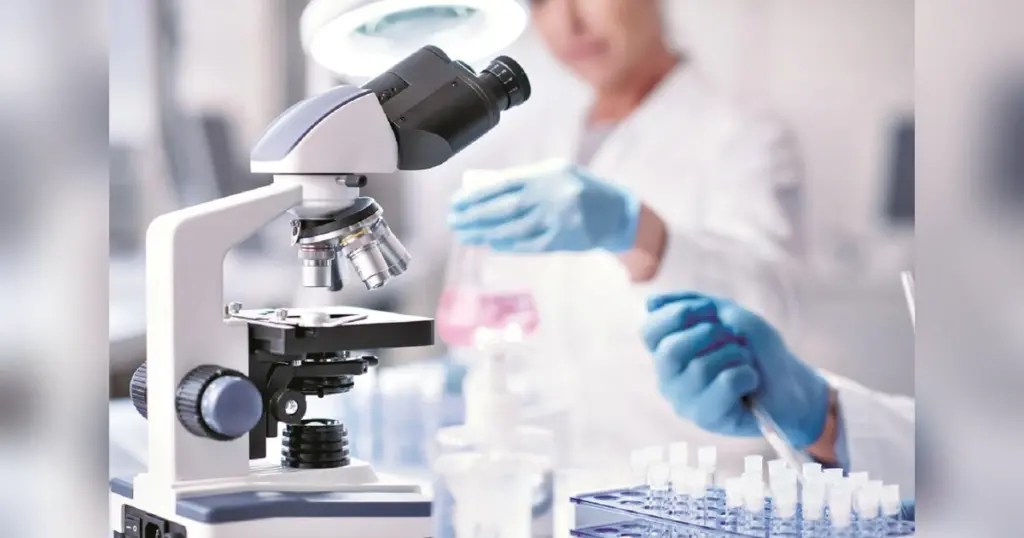
The World Health Organization (WHO) has issued a stark warning regarding the increasing prevalence of drug-resistant bacteria, highlighting a critical gap in innovative treatments. In a report released in March 2024, the organization emphasized that the lack of new antibiotics poses a significant threat to global health, with existing treatments becoming less effective against a growing array of resistant infections.
The WHO’s findings indicate that drug-resistant infections lead to approximately 700,000 deaths annually worldwide. Without urgent action, this figure could rise to 10 million deaths per year by 2050, surpassing the mortality rates of cancer. The report underscores the urgent need for innovation in antibiotic development, as the pipeline for new treatments remains alarmingly sparse.
Innovation Crisis in Antibiotic Development
Despite the critical need, only a handful of new antibiotics have been approved in recent years. According to the WHO, fewer than 10 new antibiotic classes have been introduced since 2000. This stagnation in innovation raises concerns about the future effectiveness of treatment options for common infections, which have historically been manageable.
The report also highlights significant treatment gaps that persist in the fight against resistant bacteria. Many countries, particularly in low- and middle-income regions, lack access to essential antibiotics. The WHO estimates that one in three people worldwide does not have access to effective antibiotics, exacerbating the impact of drug resistance.
Global Collaboration Needed
To address these pressing challenges, the WHO is calling for increased global collaboration among governments, the private sector, and research institutions. The organization urges stakeholders to invest in research and development to accelerate the discovery of new antibiotics. Additionally, enhancing surveillance systems to monitor antibiotic resistance patterns and usage is crucial for informed public health strategies.
The WHO report underscores the importance of preserving existing antibiotics through responsible usage and improved infection prevention strategies. Education on the appropriate use of antibiotics is essential to combat the spread of resistance.
The surge in drug-resistant bacteria poses a formidable challenge to healthcare systems around the world. As the WHO outlines, the time for decisive action is now to ensure that effective treatments remain available for future generations. The implications of inaction could extend far beyond health, potentially impacting economies and quality of life globally.
Efforts to tackle this crisis must be prioritized to safeguard public health and ensure that antibiotics remain a viable treatment option for all.







